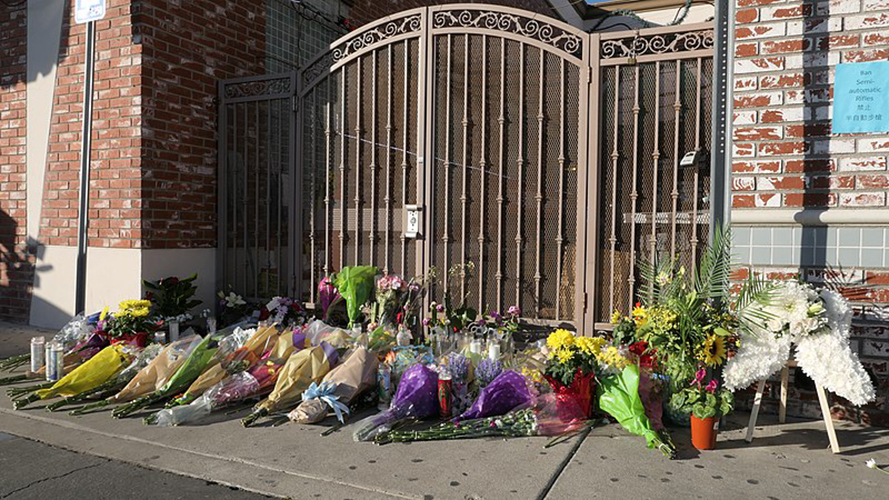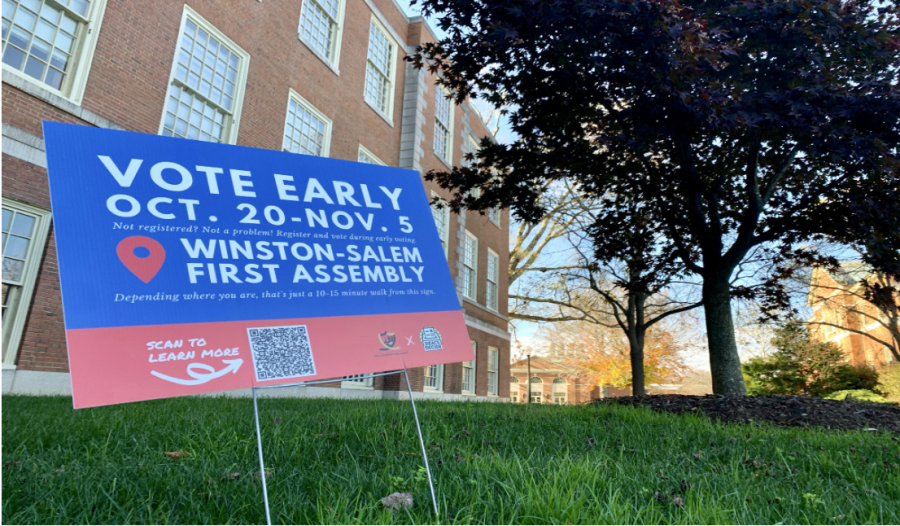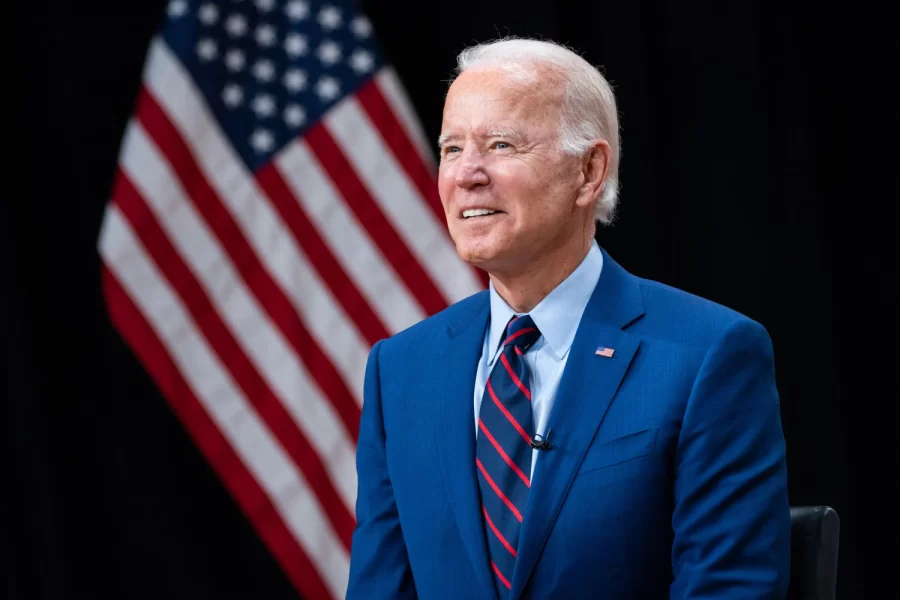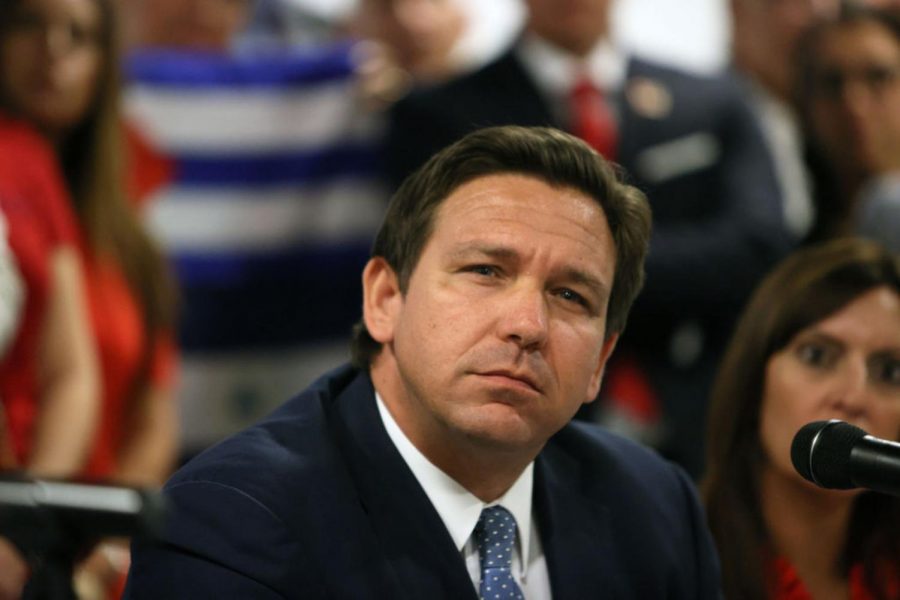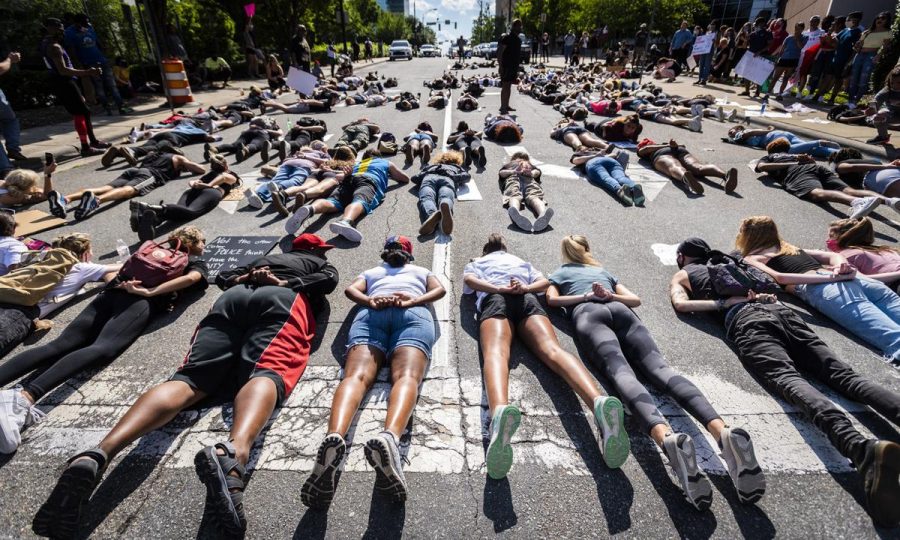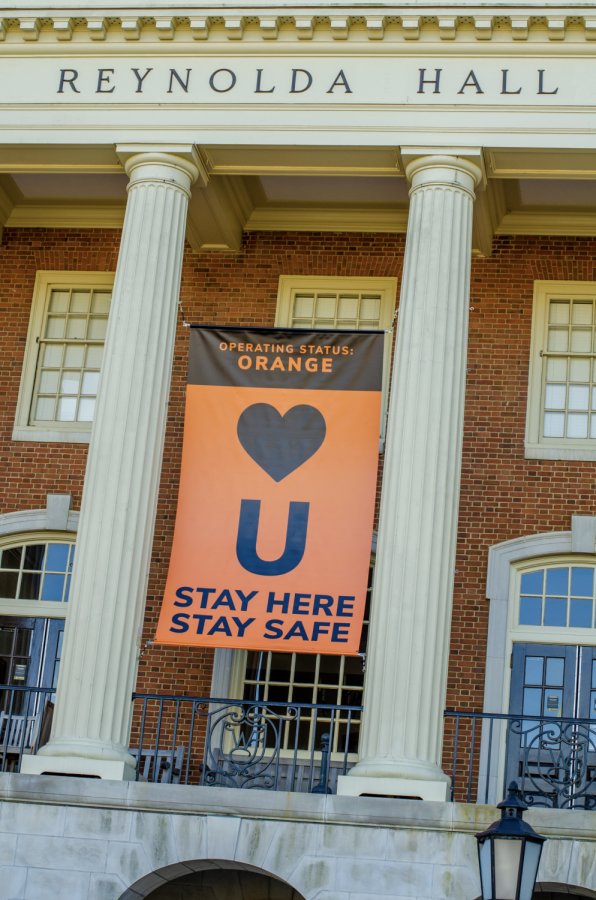Three years after two fraternities lost their national charters at Wake Forest, conversations have resurfaced on campus about the status of these unrecognized groups.
In the Spring of 2017, both of these national organizations were eligible to discuss the possibility of returning to campus.
Ongoing conversations between Wake Forest’s Office of Student Engagement and the national headquarters of both Kappa Sigma and Sigma Nu have taken place. According to Betsy Adams, the director of fraternity and sorority life, after the “scope of unrecognized activity” was communicated, an agreement was made that it is not the right time to consider the return of these organizations.
“On the University’s side, this came up as a result of multiple reports of conduct violations that were tied to the unrecognized organizations,” Adams said. “Meanwhile, both national organizations reached out to ask when we would be ready to begin discussions about recolonization. When I shared what was happening on campus, there was agreement that we need to address these issues first.”
During the 2013-2014 academic year, the national charters of both Kappa Sigma and Sigma Nu were suspended from Wake Forest due to alcohol and hazing violations, according to the Office of Student Engagement. Without a charter, these unrecognized groups do not have liability insurance, alcohol and risk management training nor the right to use the name or symbols of that organization.
Panhellenic sorority presidents and correspondents have recently been reminded by the Office of Student Engagement of the liability risks of conducting social events with these unrecognized organizations.
“[Unrecognized fraternities] are putting other organizations at risk by having social events with them,” Adams said. “It is against the National Panhellenic Conference (Panhellenic) regulations for our sororities to have events with these groups. Any group having an event with unrecognized organizations takes on all of the liability.”
Students declined to comment on the record due to the nature of the issue.
“Unrecognized groups make bringing a chapter back to campus more difficult,” said Tim Wilkinson, the associate dean of student engagement. “The longer it takes for that negative culture to leave campus, the longer it takes to consider bringing a national organization back to campus.”
Before coming to campus in 2015, Wilkinson worked with Lehigh University as the assistant dean of students and director of fraternity and sorority affairs.
Questions have been raised on campus about the members of these unrecognized groups joining with recognized fraternities. Wilkinson said that discussions are taking place between the Office of Student Engagement and these organizations.
“Right now we are having conversations with these men,” Wilkinson said. “We are helping them think through the logistics, such as ‘what is the history of these groups?’ and ‘why are they wanting to join?’ Ultimately, we are talking with these groups to determine if the values and principles of the recognized groups are congruent with those of these other groups.”
The Office of Student Engagement was started in the late spring and early summer of 2015 as part of a reorganization of the Office of the Dean of Students. The Office of Student Engagement works with a variety of Greek and non-Greek organizations, as well as other leadership programs on campus in which students are involved. In addition to Greek Councils, they directly advise organizations such as Student Union, Student Government, CHARGE, the Engagement consultants and the Student Organization Council.
“Our priority is to ensure the health and safety of Wake Forest University students and to ensure a healthy, vibrant fraternity and sorority community,” Adams said.
In all, 48 percent of Wake Forest undergraduate students are a member of a recognized social fraternity or sorority. By gender, 31 percent of men are involved in a fraternity and 60 percent of women are involved in a sorority.
This statistic includes members in all 24 active organizations including the 12 organizations governed by the Interfraternity Council (IFC), the eight organizations governed by the Panhellenic Council (NPC) and four organizations governed by the National Panhellenic Council (NPHC). According to the Office of Student Engagement, all of these recognized chapters in the IFC, NPC and NPHC have full recognition from Wake Forest and their national governing boards.








